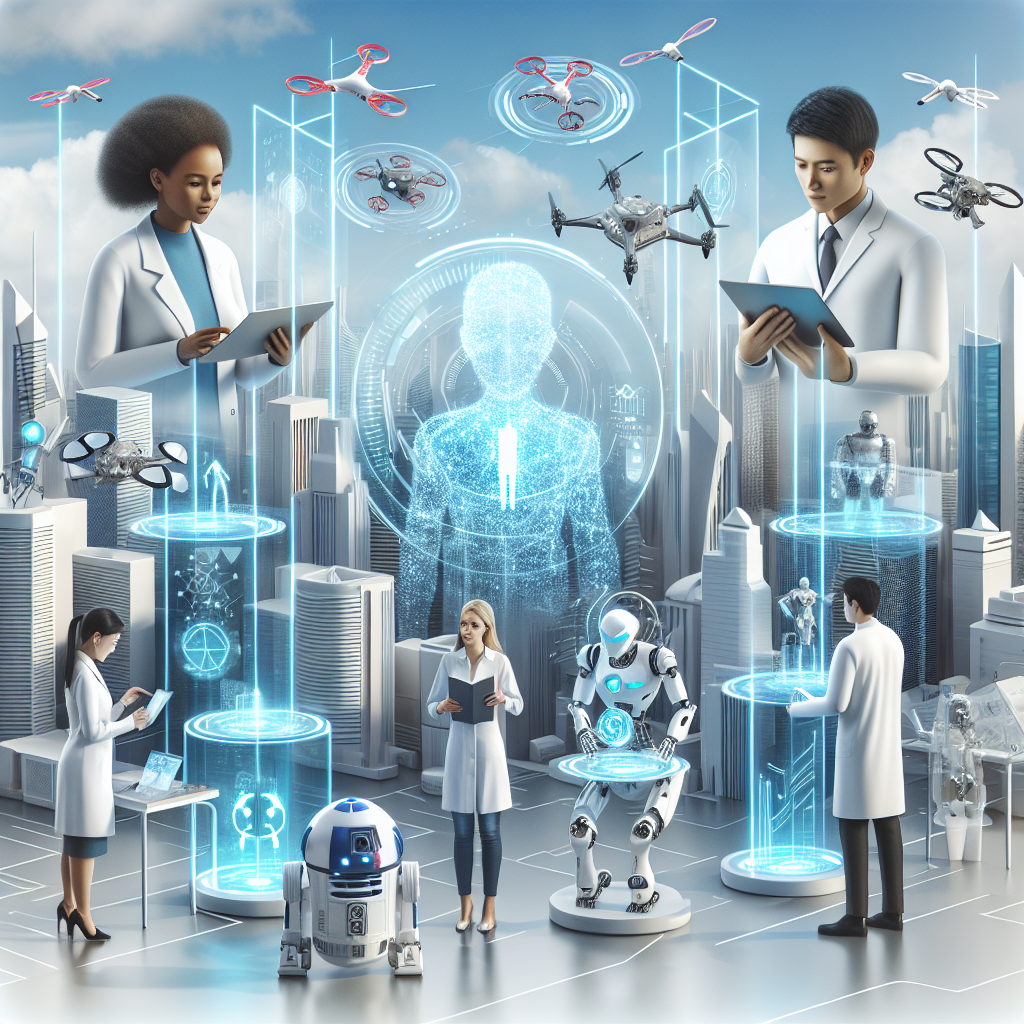The Future of AGI: How it Will Impact Society
Artificial General Intelligence (AGI) is a rapidly evolving field that has the potential to revolutionize society in ways we have never seen before. AGI refers to the development of machines that can perform any intellectual task that a human can, and potentially surpass human intelligence in many areas. With advancements in technology and research, AGI is becoming increasingly closer to becoming a reality. In this article, we will explore the potential impact of AGI on society and how it may shape our future.
The Rise of AGI
The concept of AGI has been around for decades, but recent advancements in technology have brought us closer to achieving this goal. With the development of deep learning algorithms, neural networks, and other AI technologies, researchers are making significant progress in creating machines that can think and learn like humans. Companies like Google, OpenAI, and DeepMind are at the forefront of this research, investing billions of dollars into developing AGI.
One of the key challenges in developing AGI is creating machines that can learn and adapt to new situations, just like humans do. Current AI systems are limited in their ability to generalize knowledge and apply it to new scenarios. AGI aims to overcome these limitations by creating machines that can reason, understand context, and learn from experience.
The Impact of AGI on Society
The potential impact of AGI on society is vast and far-reaching. From healthcare to transportation, education to entertainment, AGI has the power to transform every aspect of our lives. Here are some ways in which AGI may impact society in the future:
1. Healthcare: AGI has the potential to revolutionize healthcare by helping doctors diagnose diseases more accurately, develop personalized treatment plans, and discover new drugs faster. With the ability to analyze vast amounts of medical data, AGI can help identify patterns and trends that humans may miss.
2. Transportation: Self-driving cars are just the beginning of the impact AGI will have on transportation. With AGI, we can expect more efficient and safer modes of transportation, such as autonomous buses, trucks, and drones. AGI can also help optimize traffic flow and reduce congestion in cities.
3. Education: AGI can personalize learning experiences for students, helping them learn at their own pace and in a way that suits their individual needs. Teachers can use AGI to create customized lesson plans, provide instant feedback, and identify areas where students may need extra help.
4. Entertainment: AGI can create immersive and interactive experiences in the entertainment industry, from virtual reality games to personalized movie recommendations. With AGI, we can expect more realistic and engaging content that caters to individual preferences.
FAQs about AGI
Q: Will AGI replace human jobs?
A: While AGI has the potential to automate many tasks currently performed by humans, it is unlikely to completely replace human jobs. Instead, AGI is more likely to augment human capabilities, helping us work more efficiently and effectively.
Q: What are the ethical implications of AGI?
A: The development of AGI raises ethical concerns around privacy, security, bias, and accountability. Researchers and policymakers must address these issues to ensure that AGI is developed in a responsible and ethical manner.
Q: How will AGI impact the economy?
A: AGI has the potential to create new industries, jobs, and economic opportunities. However, it may also lead to job displacement and income inequality. Policymakers must create policies that support workers affected by automation and ensure a fair distribution of the benefits of AGI.
Q: When will AGI become a reality?
A: It is difficult to predict when AGI will become a reality, as it depends on various factors such as technological advancements, research funding, and ethical considerations. Some researchers believe that AGI may be achieved within the next few decades, while others are more skeptical.
In conclusion, the future of AGI holds great promise for society, with the potential to revolutionize industries, enhance human capabilities, and improve our quality of life. However, it also raises important ethical, social, and economic questions that must be addressed. By working together, researchers, policymakers, and the public can ensure that AGI is developed in a responsible and beneficial way.

